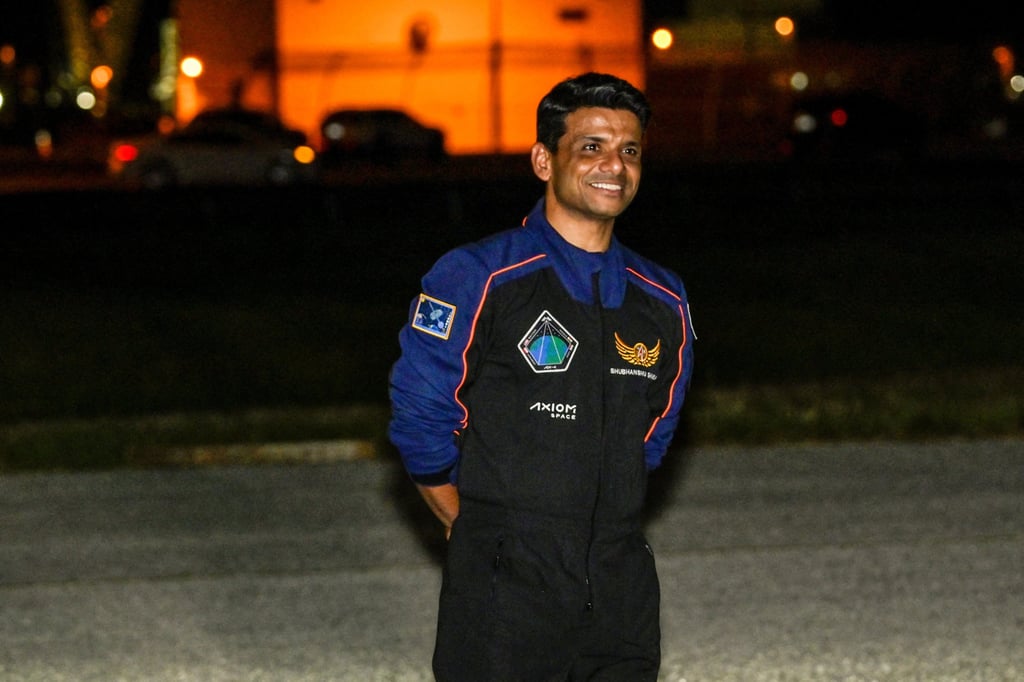The initiative is India’s effort to become the fourth country – after Russia, the United States and China – to independently carry out human space flights.
While on the ISS, Shukla will conduct scientific experiments on the effects of microgravity and space radiation on nutrient-rich microalgae, research that could play a vital role in sustaining human life during future deep-space missions.
His participation is also seen as a major boost for India’s broader space ambitions and an inspiration for aspiring astronauts, according to Satya Gupta, president of the VLSI Society of India, which promotes the country’s digital and technological development.

“These scientific endeavours are useful over the long term. Nobody knew how important India’s space economy would become when we started sending rockets 30 years ago,” Gupta said. “It is not a straight calculation where you spend X amount of money and get returns immediately.”


